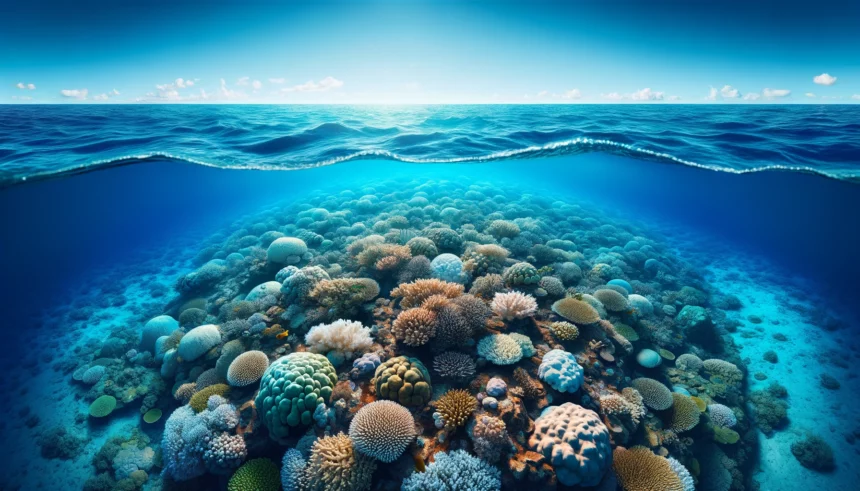The Great Barrier Reef, Australia’s natural wonder, is currently facing a significant coral bleaching crisis, marking the seventh occurrence of such environmental stress since 1998. Triggered by elevated sea temperatures, this widespread bleaching event underscores the urgent threats posed by climate change to the reef’s vibrant ecosystems.
Environment Minister Tanya Plibersek highlighted the critical role of climate change in affecting coral reefs globally, including the Great Barrier Reef. She emphasized the necessity for immediate action against climate change to safeguard these irreplaceable ecosystems and their diverse marine life.
Coral bleaching, a process where stressed corals eject the algae residing in their tissues, leads to the corals losing their color and vitality. The Australian Reef Authority is in the process of evaluating the full impact and scope of the current bleaching event through aerial and in-water surveys.
Roger Beeden, the Chief Scientist of the Great Barrier Reef Marine Park Authority, noted the extensive bleaching observed in shallow water areas, though further assessments are required to ascertain the depth and severity of the damage.
The bleaching event has drawn concern from environmental groups, with Richard Leck from the World Wildlife Fund Australia indicating that substantial coral mortality could occur if ocean temperatures do not decrease soon. He pointed out that the current temperatures are exposing corals to unprecedented stress levels.
The Great Barrier Reef, contributing significantly to Australia’s economy and supporting thousands of jobs, has been a focal point of efforts to prevent its listing as an endangered UNESCO world heritage site. This bleaching event further highlights the escalating pressures on the reef from climate change, emphasizing the need for concerted global action to mitigate these impacts.
















